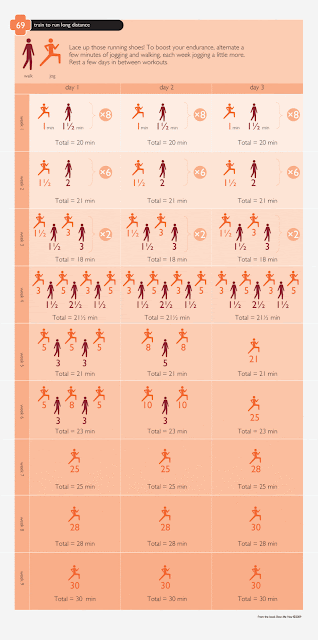Competitive
bodybuilding is a sport in which athletes attempt to develop and maintain the
perfect muscular body. As bodybuilding
competitors show off their physique and perform with a number of poses, they
are judged by a qualified panel of experts who will render the final decision
as to the winner.
When it
comes to bodybuilding, the appearance of a competitors physique is much more
important than how much he/she can lift.
The sport of bodybuilding, therefore, should not be confused with or
compared to a competition of strength.
Instead, it is one of visual appeal.
Bodybuilding is open to both men and women with specialized categories
for each.
For those
who regularly compete in bodybuilding competitions, or are interested in
participating, the main strategy for contest preparation includes a combination
of resistance weight training, a customized nutrition plan and plenty of
rest. Resistance training is very
important in bodybuilding as it is this that causes an increase in muscle
size. The importance of nutrition comes
into play as muscles grow, are injured and repaired during the bodybuilding
process. In order for the body to
properly heal itself, a customized nutrition plan is a must. Generally, bodybuilding competitors will eat
a larger number of meals per day, but in smaller quantities. For instance, rather than eating three normal
meals a day, a bodybuilding competitor may divide their food up into six or
seven small meals.
Because of
the strenuous regimen required of any bodybuilder, athletes often enlist the
help of a nutritionist and a professional trainer. These individuals can work together to make
sure that the athlete is training properly and also receiving the proper amount
of nutrition. Rather than having to
figure out how much to eat, when to eat and how often to work out, the trainer
and nutritionist will handle all of the details while the athlete concentrates
on building muscle.
At the end
of the day, which is often exhausting for many bodybuilding competitors, rest
is essential. Not only for the obvious
reasons, but it is during rest that the muscle growth occurs. Without eight hours of sleep every night,
some bodybuilding competitors find it difficult to regain energy and rebuild
strength after an exhausting workout. In
addition, many competitors find that an afternoon nap may further increase
their body’s ability to increase muscle.
Individuals
who are interested in entering into the world of bodybuilding should consult
with local trainers in their area. If
there are no trainers to be found, a stop at the local gym may provide answers
as to finding a qualified trainer.
Bodybuilding is a sport that requires a lot of dedication and even more
hard work, which is evident in the physique of most competitors.


